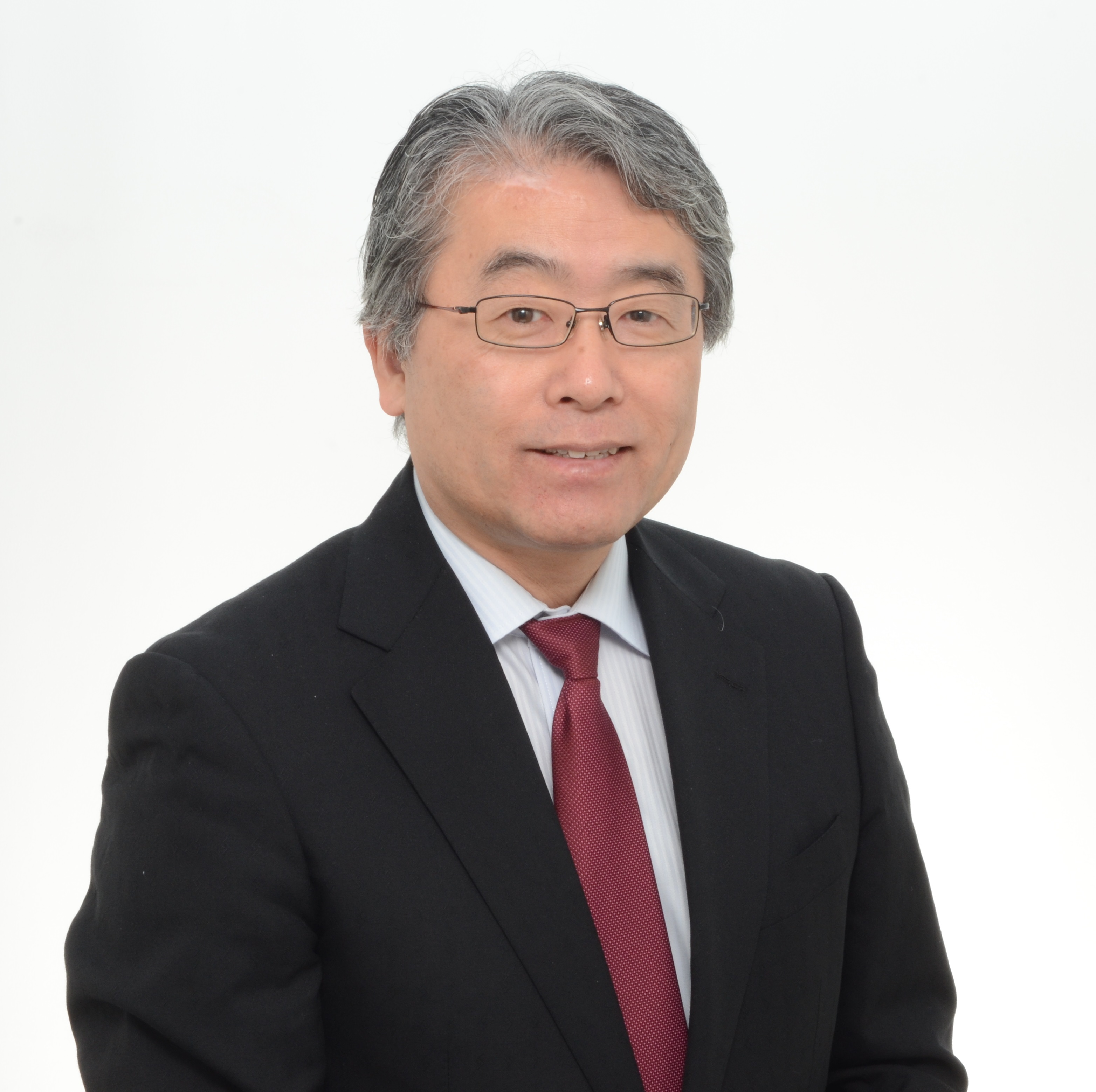Bio
Takahiro Ueyama completed a PhD in history at Stanford University after finishing the graduate program in the faculty of economics at Osaka University. He has taught in the Faculty of Economics, Sophia University (1998-2013) serving as its Dean from 2011-2013. After leaving Sophia University, he was a professor in the Faculty of Policy Management, Shonan Fujisawa Campus, Keio University (until 2015), and Vice President at the National Graduate Institute for Policy Studies (GRIPS, 2015-16). He is currently an executive member of the Council for Science, Technology, and Innovation, Cabinet Office of the Government of Japan. Publications include Akademikku kyapitarizumu o koete (Beyond Academic Capitalism), which was awarded the Yomiuri-Yoshino Sakuzo Prize in 2010.

